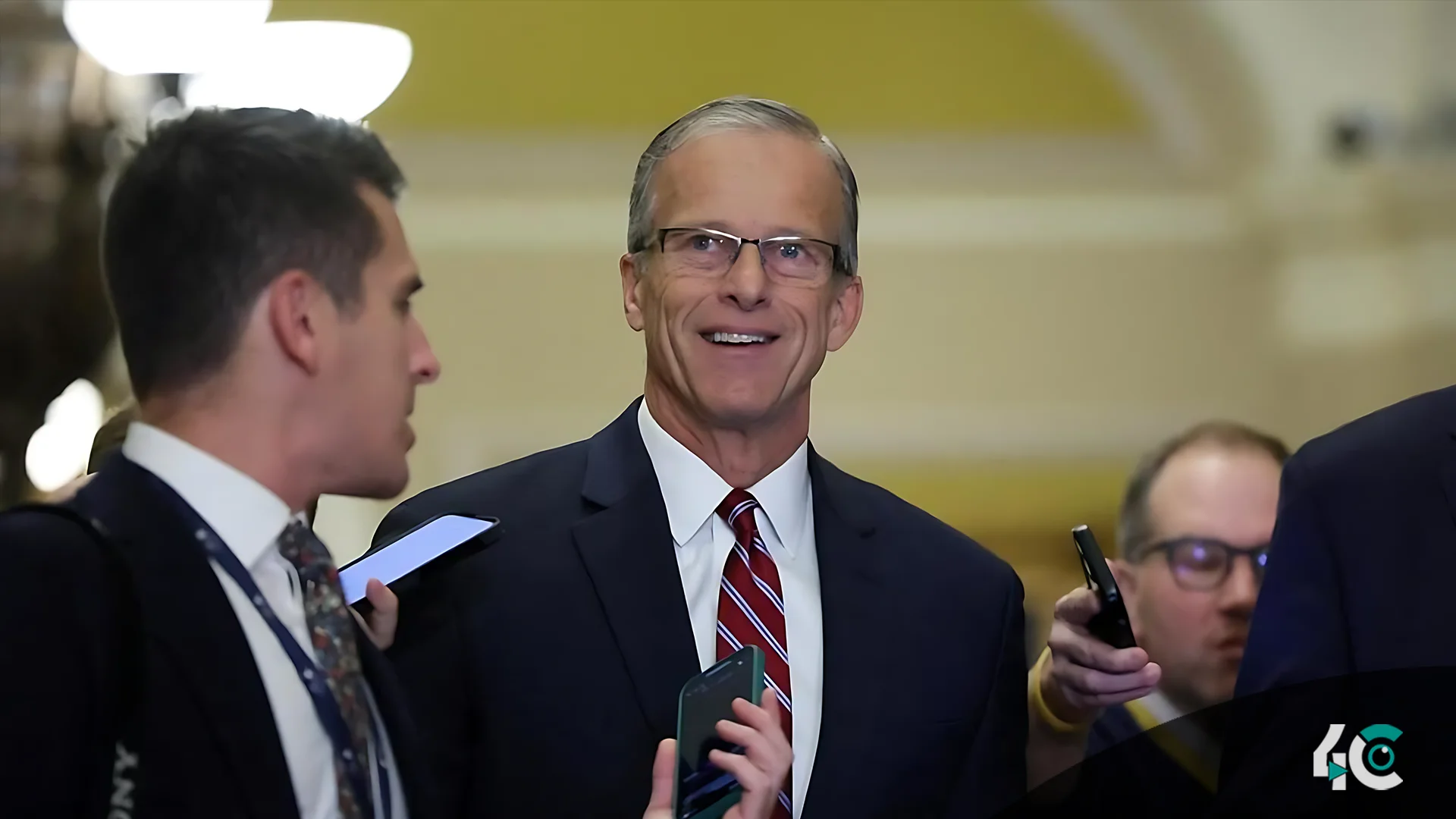The recent election of Senator John Thune as floor leader of the Senate has given people who work with cryptocurrencies hope. People view Thune as a crucial figure who could clarify regulations for the U.S. crypto industry due to his pro-business stance and previous support for crypto-friendly rules. Tech mogul Elon Musk backed Senator Rick Scott, but Thune emerged victorious. This is a change in leadership, and many people in the digital asset space hope this will lead to beneficial things.
In his speech after the election, Thune promised to get rid of what he called “burdensome regulations” put in place by the current administration and to back policies that help the economy grow. The crypto community wants rules that support new ideas instead of blocking them, and this message fits with that goal.
Republicans have a mandate from the American people to clean up the mess left by the Biden-Harris-Schumer agenda and to deliver on President Trump’s priorities — our work starts today. pic.twitter.com/YKBBsuAL5q
— Senator John Thune (@SenJohnThune) November 13, 2024
The past records of Thune show that he is in favor of cryptocurrency. He backed the Digital Commodities Consumer Protection Act (DCCPA), which would have given the U.S. Commodity Futures Trading Commission (CFTC) more power over Bitcoin, Ethereum, and other big cryptocurrencies. Many individuals in the business community supported the shift from the Securities and Exchange Commission (SEC) to the Commodity Futures Trading Commission (CFTC). They think it will make things easier to manage and help digital assets. While the bill’s supporters acknowledged its need for additional work, they also viewed it as a significant step towards establishing clear business rules.
Thune has voted in favor of crypto-friendly policies, such as overturning SEC accounting rules that said crypto custodians had to list customer assets as obligations on their balance sheets. Supporters of the industry liked this move because they saw it as a problem for crypto companies. Many crypto supporters have praised him and referred to him as a “strong supporter” of the digital assets area.
Even though President-elect Donald Trump didn’t publicly support Thune’s rise to majority leader, his policy goals are in line with Trump’s pro-business agenda. His leadership may facilitate the passage of cryptocurrency legislation. Also, Rick Scott, who ran against him in 2016, showed support for cryptocurrency by working with Senator Cynthia Lummis, who also supported it, to suggest legislation that would let U.S. retirement plans invest in crypto assets. However, the crypto community anticipates that Thune’s election will bring about improved and comprehensive crypto regulations.
As Thune takes on his new role in the Senate, many people in the digital asset business see his leadership as a positive thing. Given his extensive knowledge of crypto legislation and his desire for clear regulations, it is likely that the Senate will strive to establish a stable regulatory framework for blockchain and digital assets in the US during his tenure.
The crypto community will be closely watching Thune’s actions over the next few months, hoping that he will support clearer and more helpful crypto laws that help the sector grow and stay stable.
































